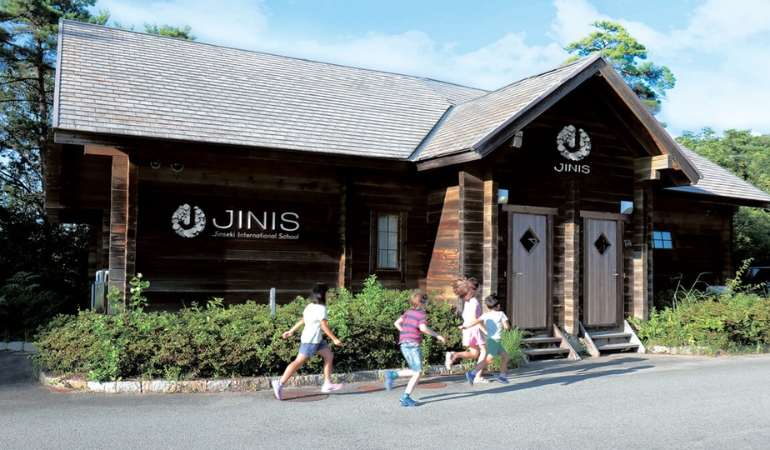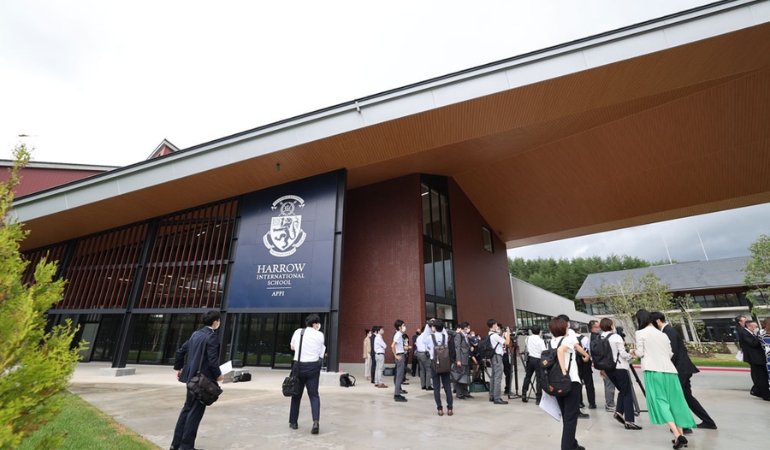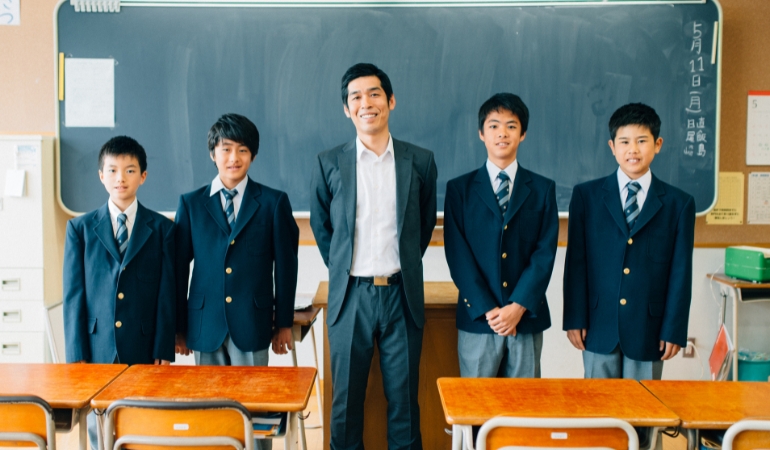Welcome to our article about the best boarding schools in Japan! We will take a look at the top schools in the country, to help you make an informed decision when it comes to finding the best educational experience for your child. We will discuss the different aspects of each school, including their curriculums, location, and facilities, to give you an idea of what to expect from each one. Read on to find out more!
Boarding schools in japan, the best options for you are:
Are you looking for a school that provides the perfect blend of academic excellence and cultural growth? Look no further than Japan’s boarding schools! From traditional Japanese education to modern international curricula, Japanese boarding schools offer a wide range of educational experiences. In this article, we will explore the best boarding school options in Japan to help you make the right choice for your child.
Jinseki International School (JINIS)

Jinseki International School (JINIS) provides a rigorous and challenging curriculum with knowledgeable and passionate teachers. The school offers numerous activities and clubs for students to participate in and has top-notch facilities. Students are reported to be friendly and welcoming to visitors. Jinseki International School offers a quality education in a nurturing environment.
Tuition Fees: 42,126€ per year, full room and board.
Contact information:
- Website: https://jinis.jp/en/
- Email: N/A
- Phone number: +81-847-85-3003
Harrow International School Appi, Japan

Harrow International School Appi is a boarding school located in the Iwate Prefecture of Japan. Founded in 1993, the school offers a unique educational experience for both local and international students. Harrow International School Appi is committed to providing a safe and secure environment for its students, and offers a wide range of academic programs and extracurricular activities.
At the core of Harrow International School Appi’s educational program is the belief that students should be encouraged to explore their potential and to develop a strong academic foundation. The school provides a rigorous academic curriculum and a variety of extra-curricular activities to help students reach their academic goals. The school also offers language classes to help students learn Japanese, as well as other foreign languages.
Harrow International School Appi offers a variety of residential options to meet the needs of its students. The school has both dormitory and apartment style living arrangements, as well as a variety of meal plans. There are also onsite medical and counseling services available to students.
Harrow International School Appi is committed to providing its students with a safe and secure environment. The school has a strict code of conduct and a zero-tolerance policy for drugs and alcohol. The school also has a security team that is available 24 hours a day to ensure the safety of its students.
The school also provides a range of activities outside of the classroom, such as sports, music, drama, and more. These activities allow students to explore different interests and develop a sense of camaraderie.
Harrow International School Appi is an excellent choice for students looking for a unique educational experience. With a rigorous academic program and a variety of extracurricular activities, the school provides an environment in which students can grow and develop. With its commitment to safety and security, Harrow International School Appi is an ideal choice for students looking for a secure and supportive boarding school experience.
Tuition Fees: 47,127€
Contact information:
- Website: https://www.harrowappi.jp/
- Email: [email protected]
- Phone number: +81 0195-73-5318
FAQS
Does Japan have boarding schools?
If you’re familiar with the boarding school scene in the United States and other countries, you may be surprised to learn that boarding schools are not as commonplace in Japan. Although the country does have a handful of boarding schools, most of them are private schools, and the number is much lower than other countries. So why is that?
To understand why there are so few boarding schools in Japan, it’s important to look at the country’s education system. In Japan, education is highly valued, and the emphasis is on academic excellence. Most schools in Japan, both public and private, focus on preparing students for college entrance exams. As a result, there is less of a need for boarding schools, as students can receive the same level of education at regular schools.
Another reason why boarding schools are not as common in Japan is the cost. Boarding schools tend to be expensive, and many families in Japan cannot afford them. Furthermore, the cost of living in Japan is already high, and many parents believe it is more cost effective to keep their children at home.
Finally, many Japanese families prefer to keep their children close to them. In Japan, the emphasis is on family and strong parental relationships, and many families are unwilling to send their children away to boarding school.
Overall, boarding schools are much less common in Japan than in other countries. This is due to the country’s education system, the high cost of living, and the importance of family. While there are a few boarding schools in Japan, they are few and far between.
How do Japanese boarding schools work?
When you think of Japan, you may think of the ancient culture, rich history, and bustling cities. But did you know that Japan also has a unique style of education that is different from the traditional school system? Japanese boarding schools are becoming increasingly popular for students who want to get the most out of their education.
So, how do Japanese boarding schools work? These schools typically offer an intense and immersive educational experience for students. Most boarding schools have a curriculum that focuses on the traditional academic subjects such as math, science, and literature, but also emphasizes the importance of cultural and social studies. The students are also taught the traditional values and morals of Japan, such as respect for elders, hard work, and discipline.
The typical day for a student at a Japanese boarding school begins early. Classes are held from the morning to the evening, and the students have to study and complete their assignments on their own time. There are also a variety of extracurricular activities that the students can participate in, such as sports, music, art, and drama.
The living arrangements at these schools also differ from traditional schools. Instead of living at home, students live in dormitories with their peers, which allows them to form close bonds with their classmates and develop a sense of community. The students also learn to take responsibility for their own actions and learn to be responsible and independent.
